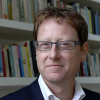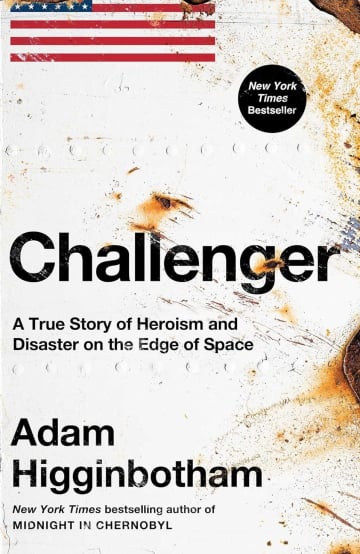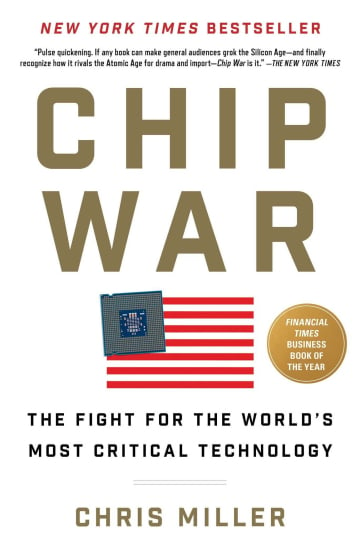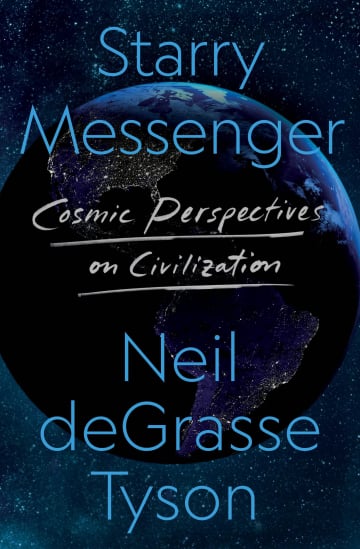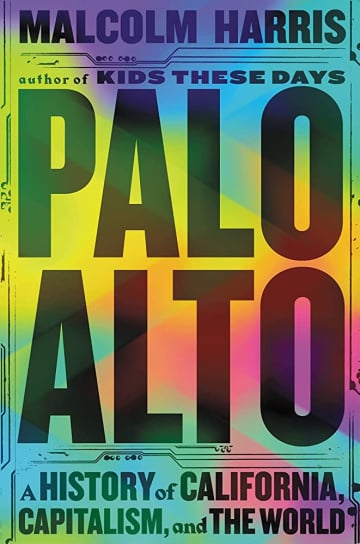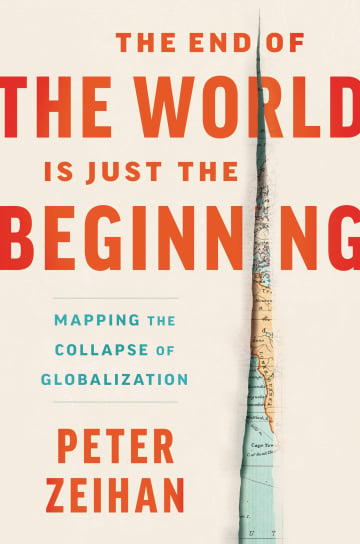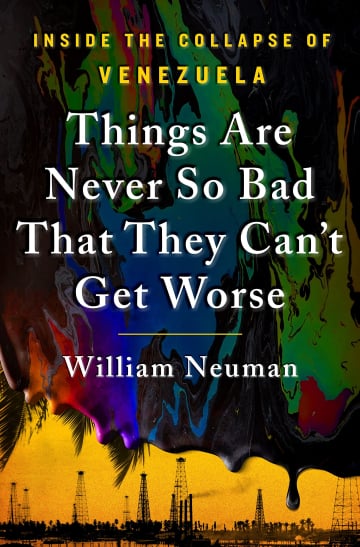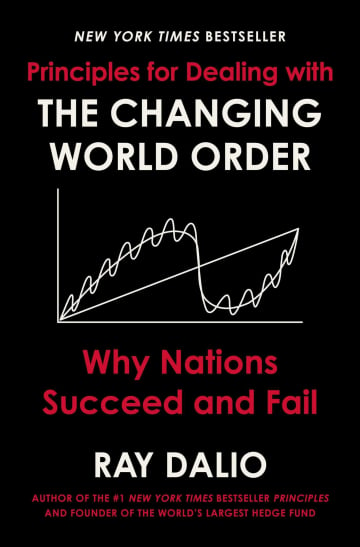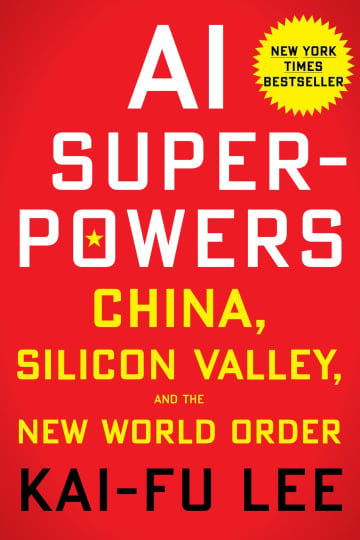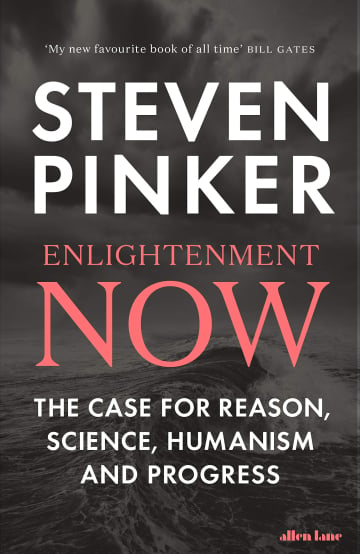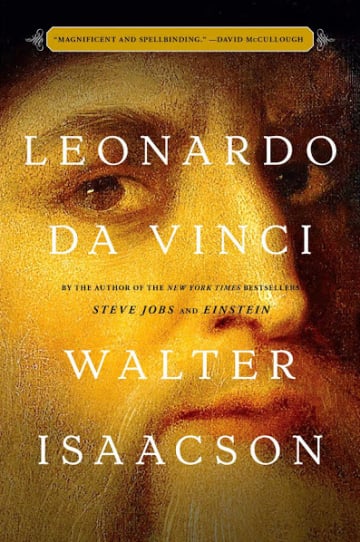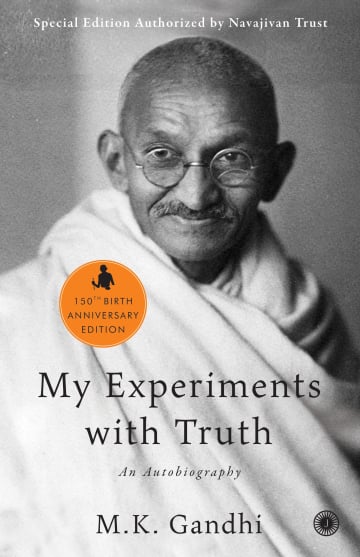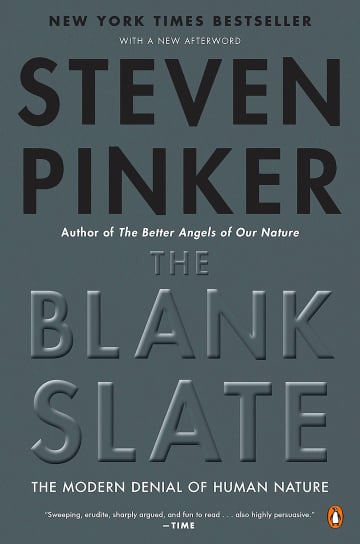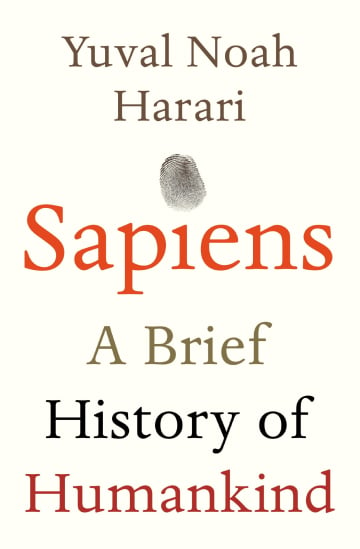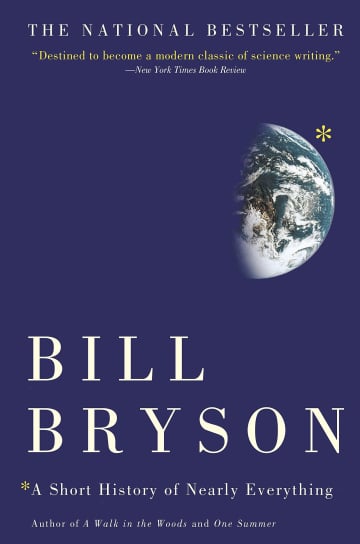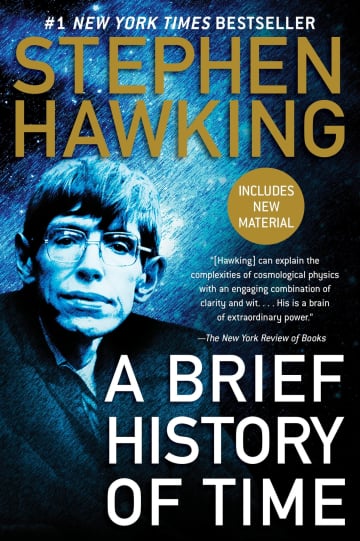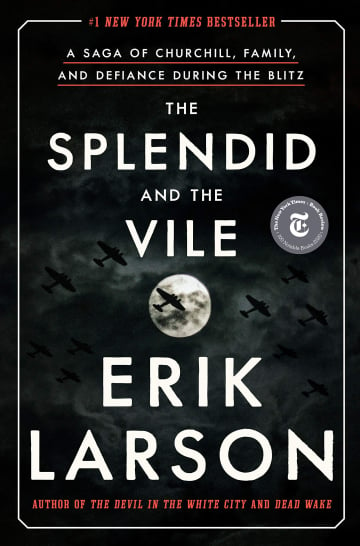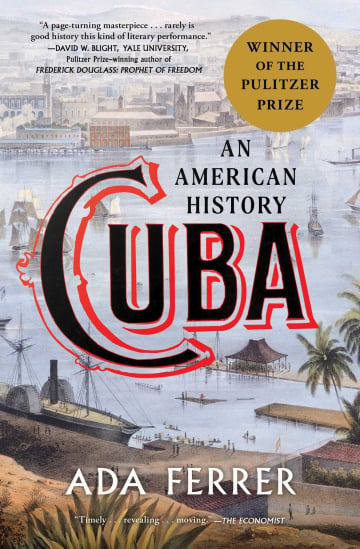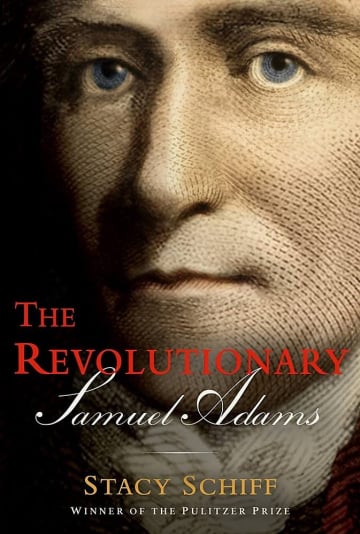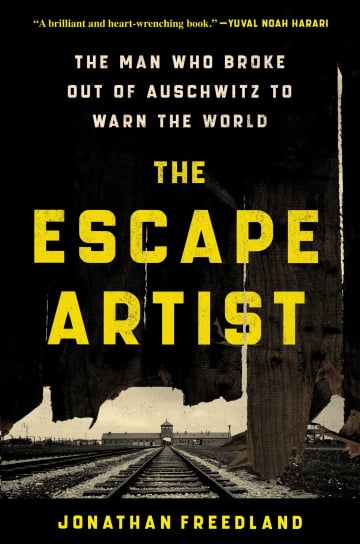
The Escape Artist: The Man Who Broke Out of Auschwitz to Warn the World
⚡️ 10 Quotes from the book
“It was also the story of how history can change a life, even down the generations; how the difference between truth and lies can be the difference between life and death; and how people can refuse to believe in the possibility of their own imminent destruction, even, perhaps especially, when that destruction is certain.”
“Between 1942 and 1944, an estimated six tons of dental gold were deposited in the vaults of the Reichsbank.”
“Four out of every five Jewish arrivals at Auschwitz were selected for immediate death.”
“The factory of death that the Nazis had constructed in this accursed place depended on one cardinal principle: that the people who came to Auschwitz did not know where they were going or for what purpose. That was the premise on which the entire system was built.”
“There could be no such thing, because no man would ever be sacrificing himself alone. The inmates were bound by a sense of responsibility to each other. They were not just prisoners; they were hostages.”
“Even incontrovertible knowledge of one’s fate was not enough. If people were to act, there had to be a possibility, even a slim one, of escaping that fate. Otherwise it was easier to deny what was right in front of you than to confront the reality of your own imminent destruction.”
“The Zionist movement, like every other, produced both saints and sinners while under the Nazi jackboot. The human responses to the horror of the Third Reich were varied and seldom ran on ideological lines.”
“Information is necessary, to be sure, but it is never sufficient. Information must also be believed, especially when it comes to mortal threats. On this, if nothing else, he and Yehuda Bauer might eventually have found common ground: only when information is combined with belief does it become knowledge. And only knowledge leads to action.”
“He was doing something much harder and more admirable. He was carrying the losses he had endured, and living all the same.”
“Rudolf Vrba was an escape artist whose achievement ranks among the very greatest of the century. By escaping from Auschwitz, he did what no Jew had ever done before – and then he told the world what he had seen.”
Related videos
Publications
The New York Times: The Dangers of Willful Ignorance
The Guardian: The astonishing story of how Rudolf Vrba escaped the Nazi camp, and his mission to tell the world about it
The Wall Street Journal: ‘The Escape Artist’ Review: Sounding an Alarm on the Holocaust
The Times: The Escape Artist by Jonathan Freedland — the memory man of Auschwitz
Ask Albert:
Rate the book
⚡️ Discover Even More Bookish Wisdom
recommends
recommends
